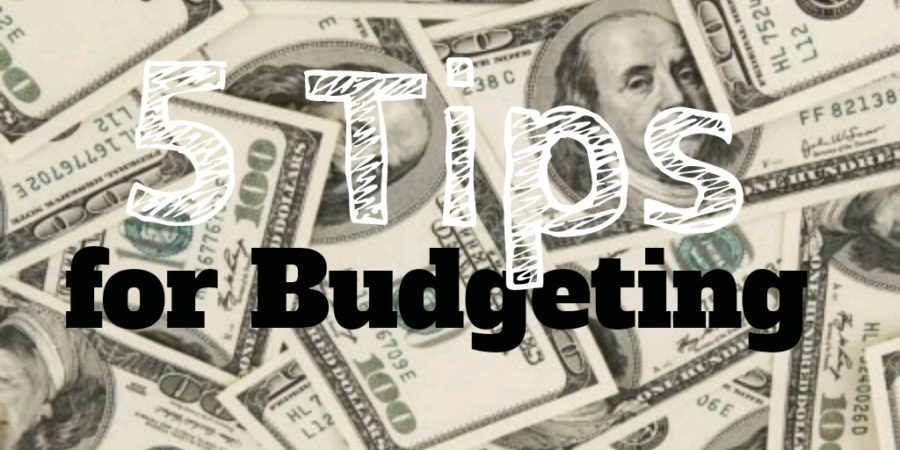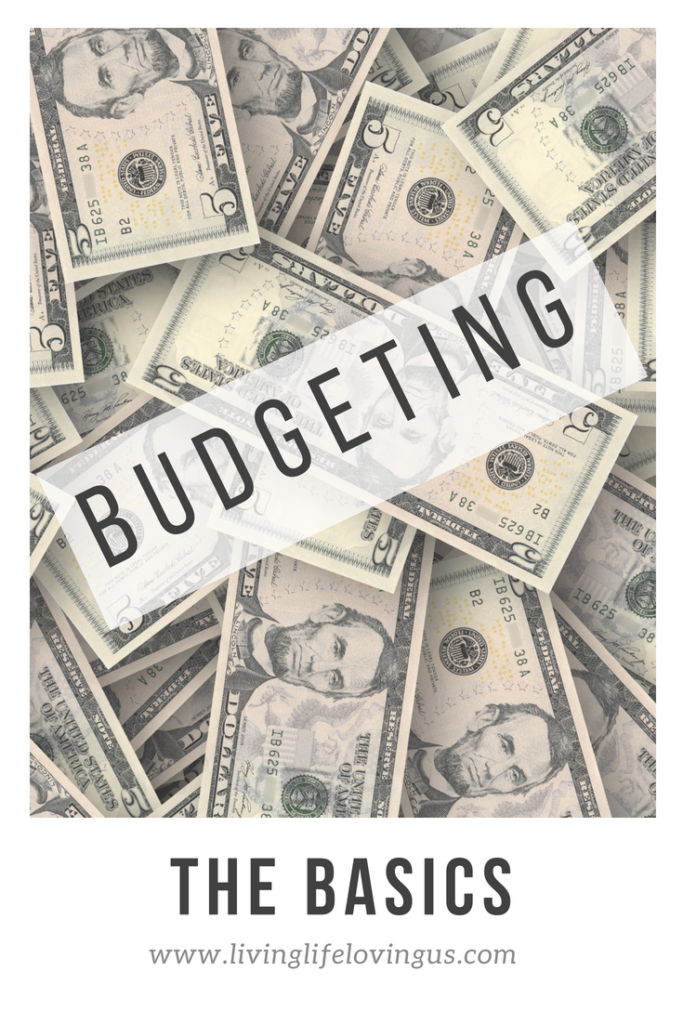My husband and I started budgeting in January of 2017. We went in to it with limited knowledge besides the fact that we knew we did not want to be “normal”. We did not want to carry debt for rest of our lives, we did not want work but feel like we had no money, and we needed a way to decrease the stress finances can put on a relationship. So we dove in and figured out a few things along the way.
Creating a budget and getting started is, by far, the most challenging part. Some of you may start this process and get frustrated on the first step. Why? Because it feels hard and scary, and it is. But it’s ok. I felt the same way even 3 months in. It wasn’t until about the sixth month that I felt like I could 100% handle what we were doing. I was excited to see the debt disappearing and it felt like we had extra money! You can do this. Make a commitment and stick to it for a minimum of 3 months and I promise you will surprise yourself at how good you are at it.
Here are a few things we learned along the way that hopefully will help you get things started:
- Be Honest. That first look at how much you are actually spending can be pretty shocking. It’s important that you are open and honest. Dig up those old skeletons. That student loan isn’t going away and either is that hidden credit card you have from your college days. Anything hidden at this point will come back later so you might as well rip off that bandaid and be honest with yourself and your partner. No, you may not want to admit that you’re spending $300 a month at Starbucks but once you confront it there’s nothing left to hide and you can focus on fixing the problems.
- Be Thorough. It’s called every dollar (insert link) for a reason. There aren’t dollars that don’t count incoming or outgoing. Whether you spend $200 at the grocery store or you spend $1.26 on a pack of gum, it counts. Make sure you document the money you spend as soon as you spend it. Write it down, or even better put it in your app. Those little expenditures are easy to forget. If you have to look at your budget when you spend the money, or even before you spend the money, then you will know you are making a conscious decision to spend that money.
- Be Committed. If you’re not used to budgeting, which I’m assuming your not, it’s going to take awhile for it to feel easy for you. When we first started I was so frustrated and sometimes angry. I didn’t think either of us should have to account for the things we splurged on every once in awhile. After all we both worked hard and deserved to spend our money. Once we took a look at our spending I quickly realized that I was buying so much that was unneeded. The budget didn’t tell me that I couldn’t spend this money, it simply made me stop and think “Do I really need this? Is it worth spending a portion of our miscellaneous budget on?“. As the months went on it became easier and easier.
- Be flexible. Budgets are a guideline for your spending and need to be adjusted from month to month to fit your situation. Your income may be slightly different this month (yay for holiday bonuses & boo for unpaid sick days), you may know that you have a large expense coming in March, or you may be hit with an unknown medical bill one month. Take it one month at a time and adjust accordingly. The idea is to balance out your income and outgoing. Income didn’t go up but BAM you need a new set of tires after driving through a construction site? Tighten up on your outgoing – may be a month of leftovers and no vacation budget set aside. Also, be flexible and forgiving with yourself. There are going to be some months that you just hit a rough patch and it’s ok. Don’t set yourself up for failure or you will absolutely give up. The key is to always plan your income to be slightly lower than you expect and your outgoing to be slightly higher than you expect. That way if something unexpected comes along or one bill is a little higher than you expected then the money will be there.
- Be Persistent. It took you months to build the spending habits you had when you started this process. Please give it some time to teach yourself new habits. I promise it will get easier.. Take it month by month or even day by day if that’s what you have to do to get yourself through. Every month you will see yourself getting better and better at being able to effortlessly budget your month. You lose the feeling of being restricted to a certain amount you’ve set for a category and find yourself consistently being under budget. Remember that you’re working towards a goal and every day is a step closer!
Related posts:
- How We Paid of $120,000 in Debt
- Basics of Budgeting
- 5 Tips for Budgeting When You Know Nothing
- 6 Spending Habits You Need to Break
- Financial Independence: The next step
Comment below and let me know what some of your stumbling blocks have been for your budget.
Want to stay updated on new posts from Living Life Loving Us? Sign up below!




